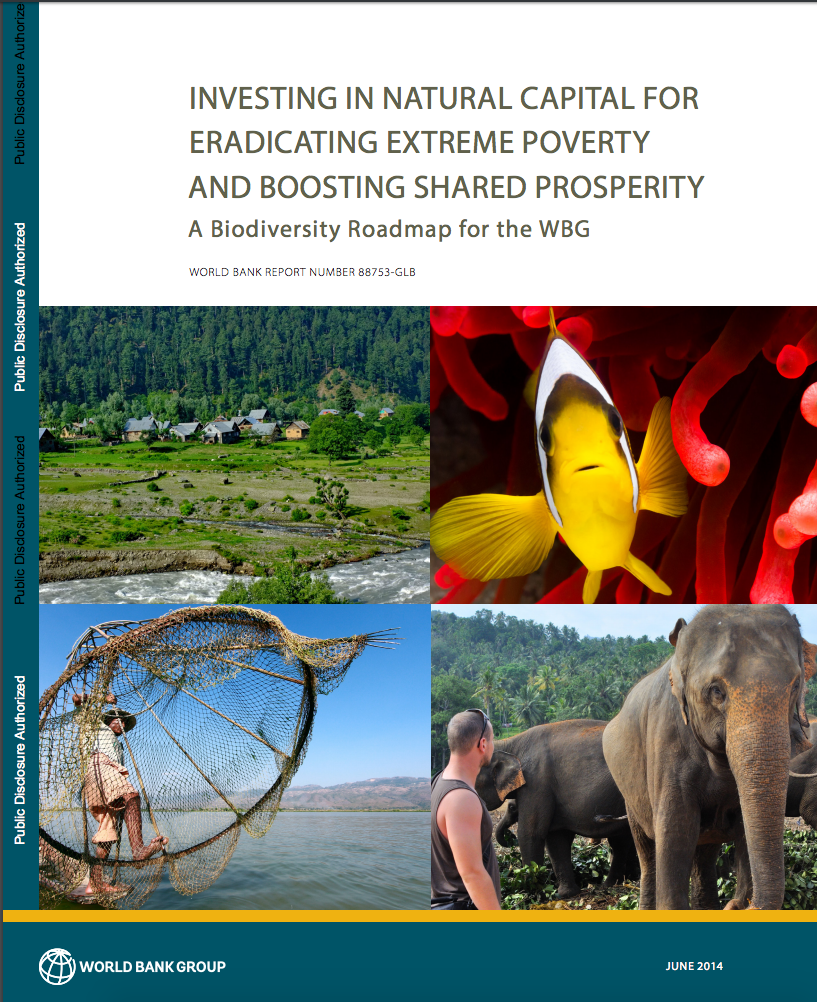Tajikistan - Autonomous Adaptation to Climate Change : Economic Opportunities and Institutional Constraints for Farming Households
Climate change presents significant
threats to sustainable poverty reduction in Tajikistan. The
primary impacts on rural livelihoods are expected to stem
from reduced water quantity and quality (affecting
agriculture), and increased frequency and severity of
disasters. Options for farming households to autonomously
adapt (and thereby move from climate vulnerability to
resilience) include adoption of on-farm and off-farm


